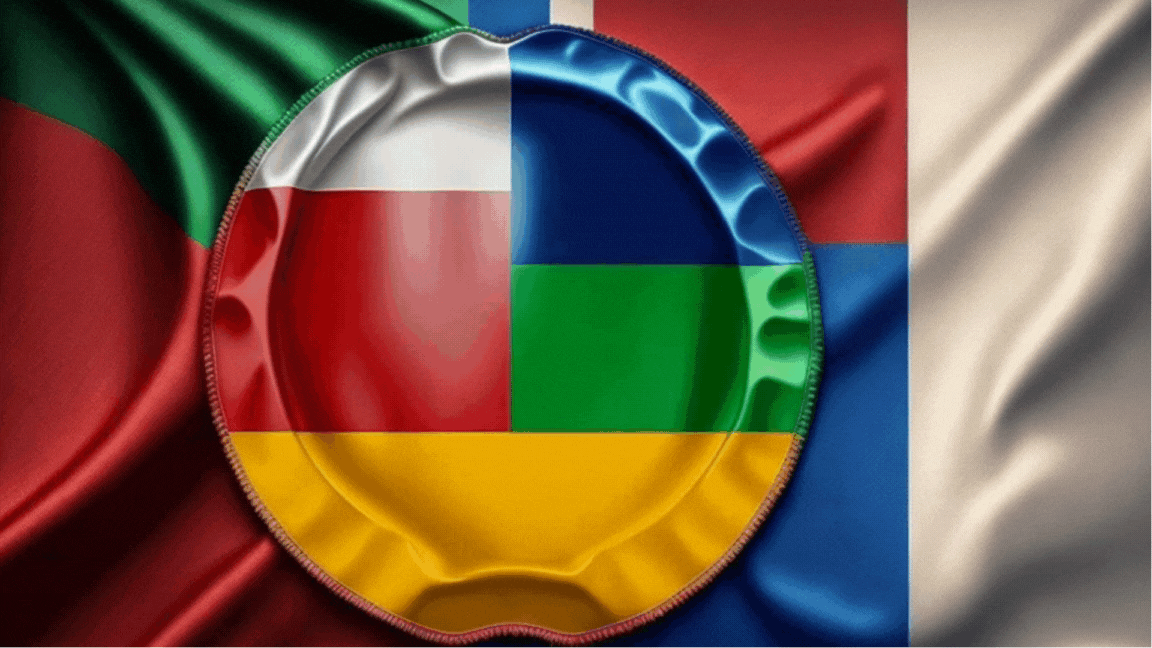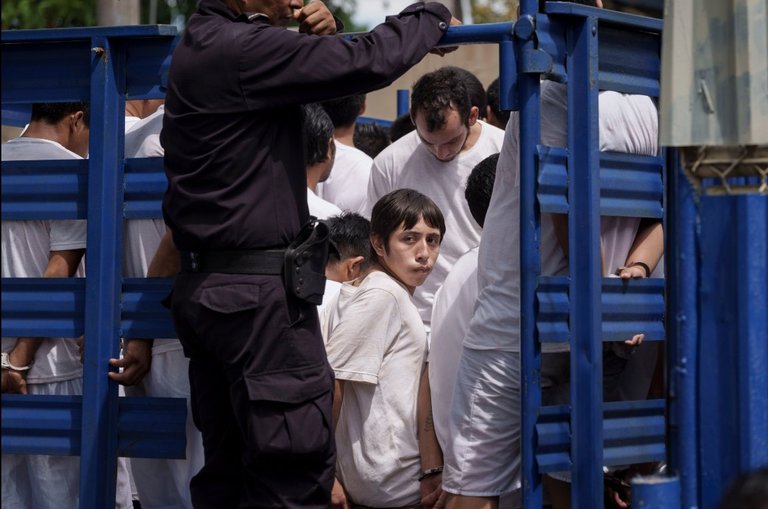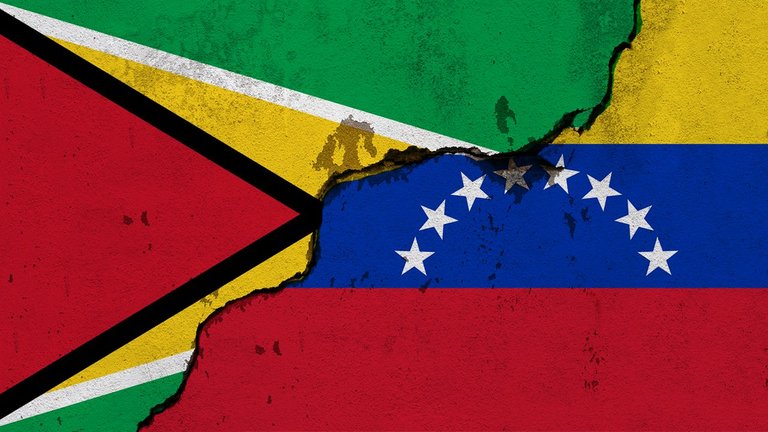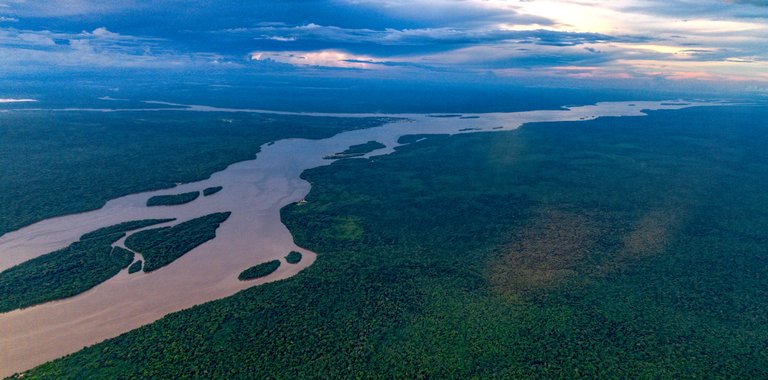
Amnesty International intensifies its criticism of Nayib Bukele
Although supported by a good part—if not the majority—of the population, which recognizes the success of his controversial security strategy, the Salvadoran president continues to be the target of harsh criticism from the international community. The regime of exception installed more than a year and a half ago in the Central American nation, with cuts to individual freedoms and rights under the presumption that it is necessary to guarantee the enjoyment of a greater good—such as citizen security—have dragged the country into "one of its worst human rights crises" since it closed the unlucky chapter marked by a bloody civil war three decades ago. According to Amnesty International, there is evidence of "a pattern of systematic and widespread abuse in the country that mainly affects marginalized and impoverished communities". Ana Piquer, regional head for the renowned NGO, said that a "highly repressive" security strategy—which includes torture and other abuses—coexists alongside a chronic decline of the rule of law. There are stark metaphors in Amnesty's recent report, such as that "State violence is gradually replacing gang violence". Piquer also stated that "a successful security system is not possible with massive human rights violations".
As of the beginning of the last quarter of the year, nearly 74,000 arrests had been reported—most without due process—, more than 300 cases of forced disappearances, more than 100,000 people incarcerated living with outrageous overcrowding, and nearly 200 inmates died in the custody of the penitentiary system. The negative impacts of the Bukele government's measures, according to organizations and experts, are often hidden or minimized, calling for investigations to be carried out to define those responsible in each case. They also urge the authorities to promote "an orderly withdrawal of the armed forces in public security tasks and strengthen (instead) the capacities of the National Civil Police". Taking as a reference the January-November period of this year, the successes or the victory—for many a pyrrhic one, for what we have commented—of Bukele's security project would be around 70% fewer homicides than in the same period of 2022. Looking back eight years, the comparison between then—when the number of victims of violent deaths exceeded the 6,600 mark—and now, when the threshold of 200 has not yet been crossed, is colorless.
 |  |
|---|
The big issue I see with the "Bukele method" is that it seems to address or treat only "the surface" of the problem, without going to its roots, to the primary source where its true essence lies. In other words, what is the incentive to be a gang member in El Salvador? Or, what are the alternatives for those poor young people born in "hot" neighborhoods marked by fire by a certain discriminatory stigma? What future project does Bukele, the president, offer them? Is the question to put an end to gangs or to make every human being grow multidimensionally, regardless of his or her social starting point? Because according to the Amnesty report, those who tend to be swallowed by this security policy usually coincide in three characteristics: "a low educational level, precarious jobs and residence in (poor) areas". So it would be good to remind the Salvadoran authorities of that magnificent quote from the classic Les Miserables by Victor Hugo—credited to the fictitious but incomparable Bishop of Digne—: "Teach the ignorant as much as you can; society is guilty in not providing a free education for all and it must answer for the night which it produces. If the soul is left in darkness, sins will be committed. The guilty one is not he who commits the sin, but he who causes the darkness". El Salvador has been in darkness for a long time, and it will be necessary to enter with light rather than with weapons to help awaken the Sun.
Maduro goes to war against everyone
The Venezuelan ruler is putting, as they say, all his meat on the grill, taking politically risky measures and actions with repercussions inside and outside the national sphere. After the controversial referendum called to poll the opinion of the citizens on critical aspects of the overheated conflict with Guyana—for the jurisdiction over the strategic region of Essequibo—, the disputed Venezuelan president has launched an important battery of proposals that have Guyana and even neighboring Brazil on alert. The National Assembly, dominated by Chavista forces, plans to sanction very soon the law for the "annexation" of the claimed territory, a step enabled—according to its narrative—by the results of the referred referendum. One of the questions answered by Venezuelans was whether they agreed with the creation of a new state, Guayana Esequiba, which would comprise the entire area that Venezuela claims for itself and which Guyana today administers de facto. The intention is at least symbolically to project control over the Essequibo, to legislate or regulate as if they were exercising real jurisdiction over that region.
 Source
SourceIrfaan Ali, Maduro's counterpart in Guyana, said Wednesday that they are taking "all necessary measures to protect themselves from Venezuela". Caracas, for example, also approved that certain companies may license oil and mineral exploration and extraction projects in the Essequibo region, and even ordered "military deployments" in localities near the border that in practice delimits both countries (already on Wednesday night, a Guyanese military helicopter disappeared near that border, although any Venezuelan responsibility in any outcome, attributed in principle to bad weather, was ruled out). Ali affirmed that they have spoken with "allies" and "regional partners" with whom they have "defense agreements" to guarantee the territorial integrity of the Essequibo, counting among them the United States, the United Kingdom, France, or the controversial U.S. Southern Command. They will also take the case to the U.N. Security Council. Here I find a highly debatable and anyway bad step on the part of Guyana, because it is only fueling Venezuelan complaints about the involvement of highly marked third parties in a conflict that can still be resolved bilaterally. Then, it seems to me that in all this matter Guyana has inherited a little of the British arrogance that originated it, but in any case, this Wednesday its Foreign Minister agreed with his Venezuelan counterpart to keep the channels of communication "open", in an attempt to lower tensions. We will keep an eye on this development for sure.
Venezuelan Public Prosecutor's Office targets three opposition members linked to Machado; U.S. citizen arrested
The Venezuelan Attorney General's Office issued arrest warrants on Wednesday against a dozen opponents currently living abroad, including some very conspicuous ones such as the ill-fated Juan Guaidó, Julio Borges, or Rafael Ramírez—the latter a defector from chavismo—. They are accused of "treason to the homeland" for allegedly conspiring to subvert the referendum process on the Essequibo. Meanwhile, in the same investigation, three collaborators of María Corina Machado—Maduro's potential rival in next year's elections, and who resists to join the plan proposed from the Miraflores Palace to solve her disputed disqualification—were also advised of their potential arrest, with a US citizen related to them already detained for allegedly appealing to cryptocurrencies and cash to "avoid financial controls and mask the origin and destination of the funds used" in the claimed operation against the referendum.
 The Essequibo River. The Venezuelan government claims the entire area to the east as its own. Credit for the photo: Dan Lundberg. Content licensed under the Creative Commons Attribution-Share Alike 2.0 Generic license.
The Essequibo River. The Venezuelan government claims the entire area to the east as its own. Credit for the photo: Dan Lundberg. Content licensed under the Creative Commons Attribution-Share Alike 2.0 Generic license.In all this, we face a classic problem of the Chavista narrative which is also manifested in Havana: they denounce much but demonstrate little. Behind all this plot that chavismo is now trying to sell, there would be ExxonMobil—with interests in the Essequibo area—and "the United States" (the Government? NGO?), who would have financed certain politicians to take sides against the referendum. It is a very serious accusation and one that would disrupt the opposition if proven, but, for the time being, as almost always, there is only rhetoric. We will have to see how the United States reacts in the next hours to this move from the Miraflores Palace, taking into account that the White House has not ceased to threaten to use the stick again if Caracas does not accept the carrot.
Your quick regional roundup
Finally, Alberto Fujimori—a former president who polarizes Peruvian society—was released yesterday from prison where he was serving a 25-year sentence for crimes against humanity, thanks to a Constitutional Court order that, while recognizing a controversial pardon introduced in 2017, disregards a binding order from the Inter-American Court of Human Rights prohibiting its execution. "We live in an orphanage because we have no institutions of any kind capable of defending us", said a family member of the victims for whom Fujimori is serving time.
From México, where she is on an extensive work schedule, the head of the U.S. Treasury Department Janet Yellen announced sanctions against 15 Mexican individuals and two companies based in the Aztec nation, allegedly linked to a local cartel that is heavily involved in trafficking the deadly fentanyl to North America. More than 1,500 Americans die a week as a result of opioid overdoses. Yellen highlighted the spirit of collaboration she has found in Mexican authorities, and in that regard said they would be meeting with many banks this Thursday that have proven useful in tracking financial flows related to drug trafficking.
Colombian and Brazilian military forces eliminated 19 dredges installed for the illegal extraction of gold in the Amazon jungle, which produced more than 20 kilos per month with an estimated value of 1.5 million dollars. Such a dynamic was causing an extremely costly mercury contamination in the rivers that bathe the critical biome. This operation, as usual, required U.S. support, specifically to drill into the transnational finances of the group that managed the criminal activity. Several countries here are joining forces to round up certain unlawful and environmentally damaging practices that have been sustained with scandalous impunity in recent years. Brazil is now, again, a common player in this regard.
In a migration crisis that continues unabated and which we have discussed on several occasions here, the number of individuals who have crossed the potentially deadly Darién Gap—the natural border between Colombia and Panamá, between South and Central America—surpassed the troubling barrier of half a million this year, setting a record. The majority are Venezuelans, Panamanian sources told the Spanish news agency EFE, but we have also documented that there are also citizens from as far away as Africa.
And this is all for our report today. I have referenced the sources dynamically in the text, and remember you can learn how and where to follow the LATAM trail news by reading my work here. Have a nice day.

Edited with Canva.

Yay! 🤗
Your content has been boosted with Ecency Points
Use Ecency daily to boost your growth on platform!
Support Ecency
Vote for new Proposal
Delegate HP and earn more, by @limonta.